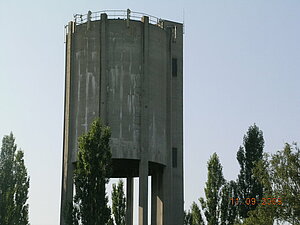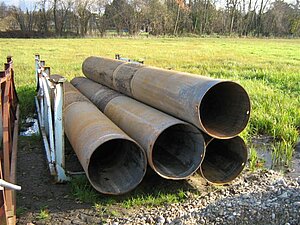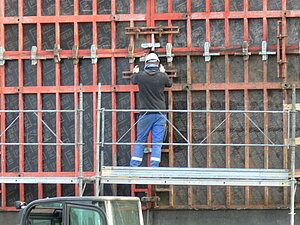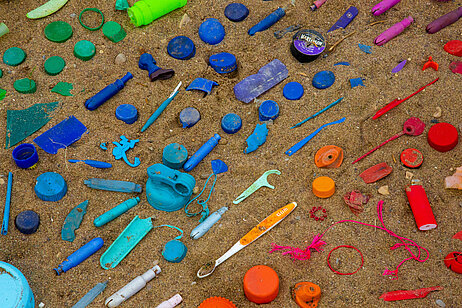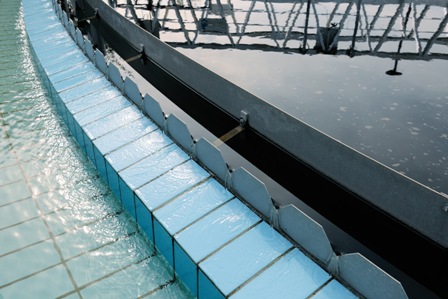For young learners, the specialized master's degree programme is designed to refine an initial generalist education (MA or generalist engineering degrees). It is an excellent complement to training in terms of adapting to the requirements of employers in the field. It gives you a better understanding of the job, provides you with numerous contacts with professionals in the sector, and enables you to identify and be identified by companies.
For professionals, it offers the opportunity either to progress to a position of responsibility, or to retrain in a technical field other than the one in which they were initially trained. As such, it allows you to optimise your skills by effectively complementing them.
For foreign students, it is one of the best ways of gaining rapid training in the cutting-edge techniques and methods used in the water sector in France, the world leader in this field. The Drinking Water and Sanitation programme offers training in water techniques, from treatment to network design and management.
![[Translate to Anglais:] [Translate to Anglais:]](/fileadmin/user_upload/Formations/Masteres_specialises/entete_web_forma_pro.jpg)


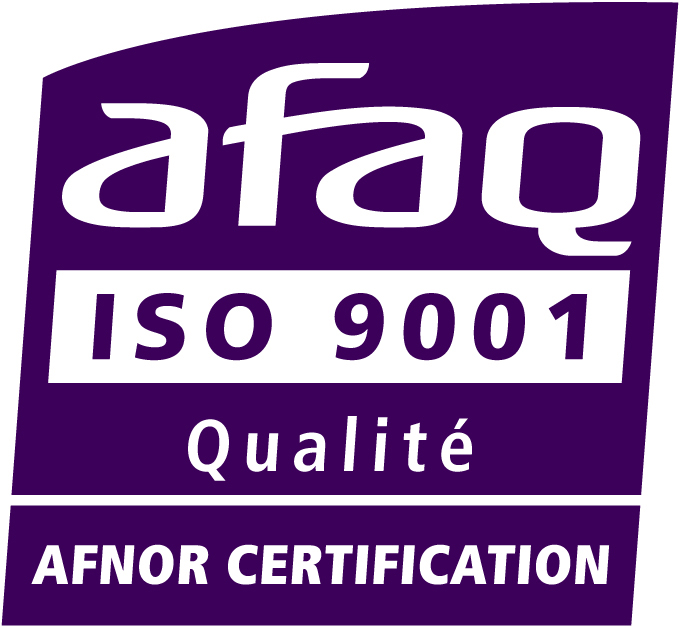
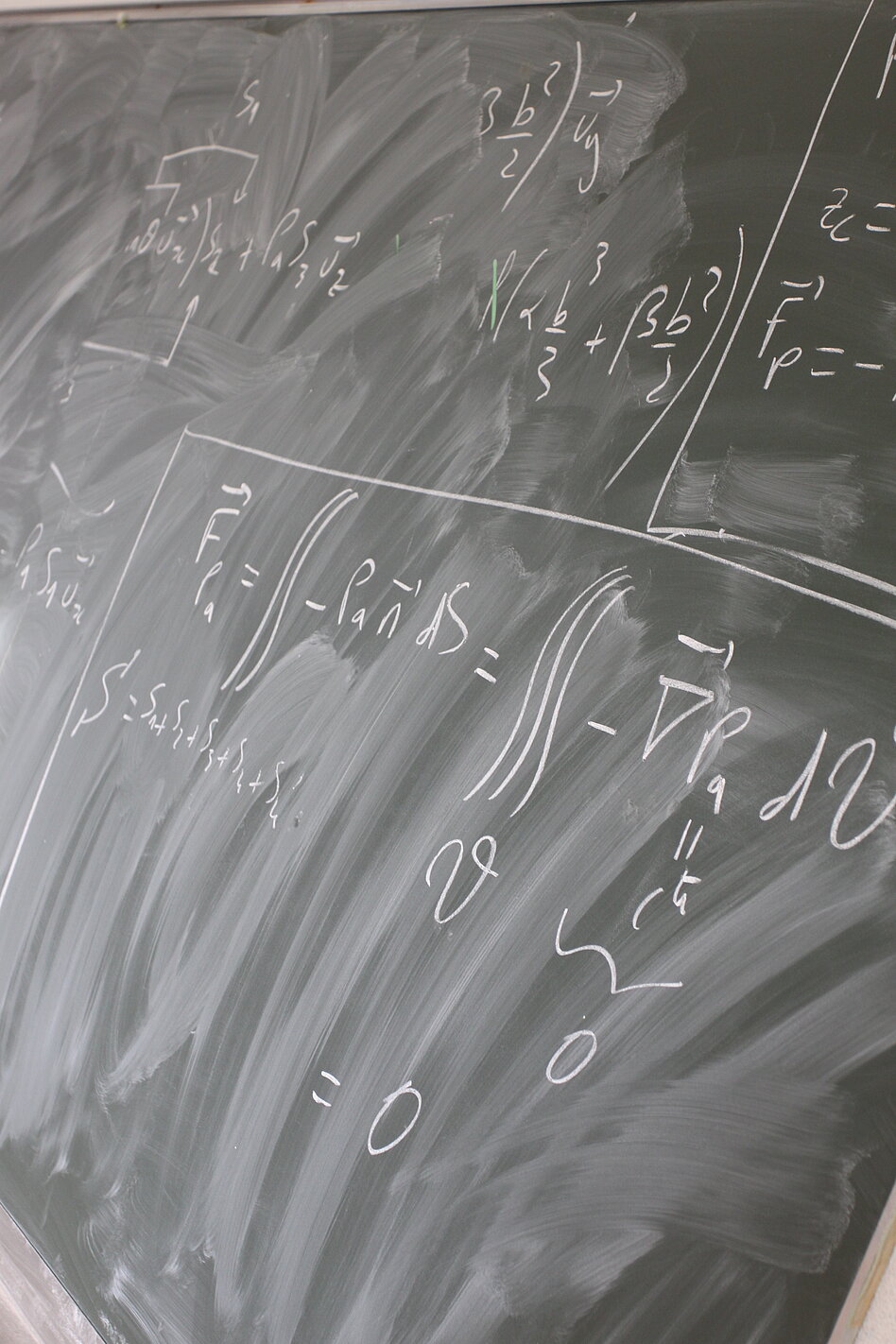
![[Translate to Anglais:] Nombre d'apprenants du MS EPA par pays au cours des 10 dernières années [Translate to Anglais:] Nombre d'apprenants du MS EPA par pays au cours des 10 dernières années](/fileadmin/_processed_/9/6/csm_MS_epa_carto_provenance_web_af6bc3ea3f.jpg)

